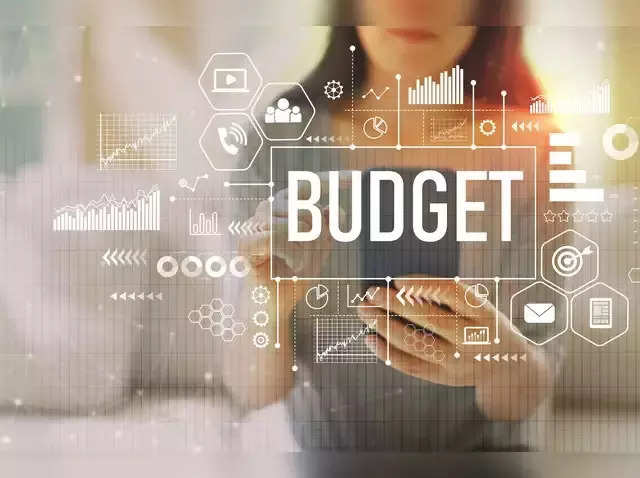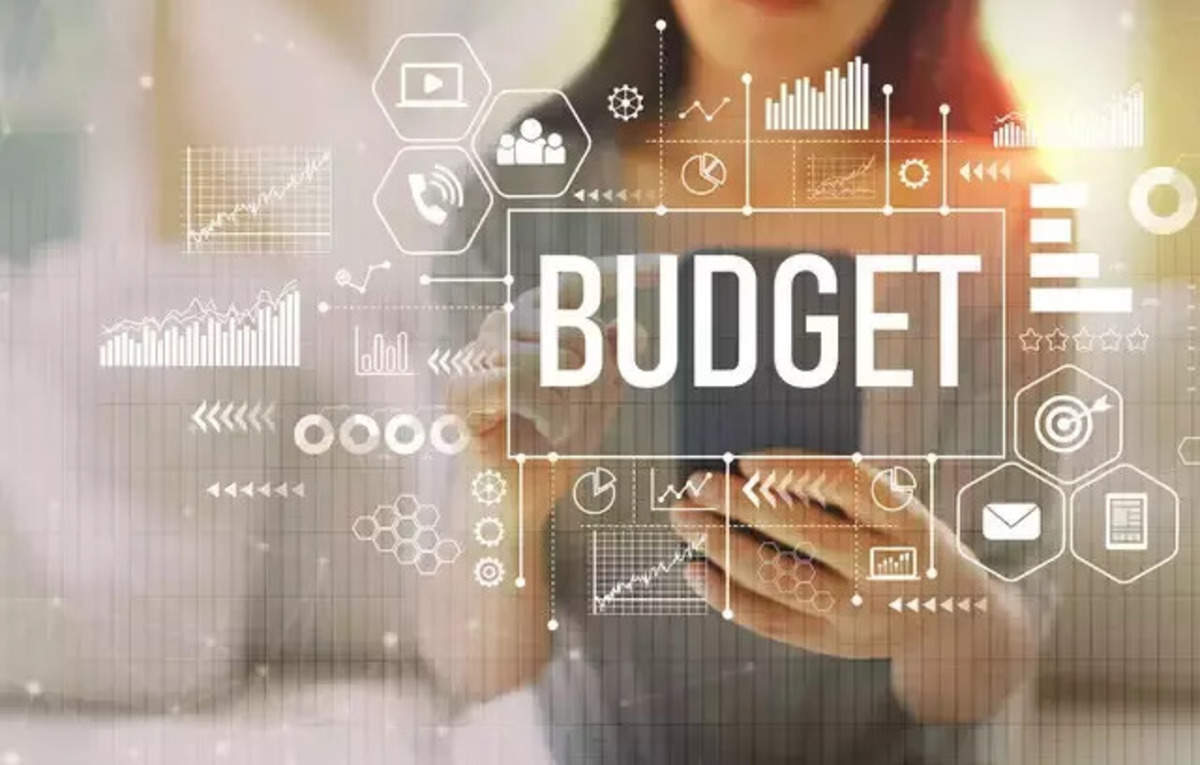
In the Union Budget 2024 presented by Finance Minister Nirmala Sitharaman on July 23, the annual allocation for the tourism ministry saw a modest increase. The budget estimates for the Ministry of Tourism stand at INR 2484.89 crore, a slight rise from last year’s INR 2400 crore. Notably, the revised estimate for the previous financial year was INR 1697 crore.
A significant highlight of the Budget 2024 for the travel and tourism industry was the substantial boost for the Integrated Development of Tourist Circuits under Swadesh Darshan 2.0, with the budget allocation more than doubling to INR 1750 crore from last year’s revised estimate of INR 818 crore.
Additionally, the budget includes a dedicated pilgrim circuit development in Gaya, Bihar, and tax relief benefits aimed at promoting cruise tourism, signalling the government’s focus on enhancing niche tourism segments.
But the industry at large showed its disappointment on the Budget, alleging that the government once again ignored the travel and tourism sector, which contributes close to 10 per cent to the nation’s GDP. The industry stakeholders also highlighted that the government ignored their key demand of industry status for the sector also didn’t provide any relief related to TCS for outbound tour packages or GST for hotel tarrifs.
ETTravelWorld gathered reactions and comments from key industry leaders who shared their responses on how these budget announcements will shape or affect the travel and tourism industry in India.
Madhavan Menon, Executive Chairman, Thomas Cook India said they are optimistic about the significant allocation of INR 11.11 lakh crore (constituting 3.4 per cent of India’s GDP) towards infrastructure development. The development of road, rail, air, and waterways will ensure a boost to access/connectivity and affordability, and force multiplier benefits for tourism and allied sectors.
“When introduced, TCS was considered disadvantageous to salaried employees as their cash flows were negatively impacted. Post the Budget announcement, salaried employees can now avail of immediate credit of TCS paid on account of their foreign travel – against TDS on salary, enhancing the purchasing power of Indian consumer,” he added.
Rajesh Magow, Co-founder & Group CEO, MakeMyTrip said the government’s continued emphasis on infrastructure development is commendable. Enhanced road infrastructure will bolster the travel and tourism sector.
“We also welcome the initiatives to develop iconic spiritual and cultural sites into world-class tourist hotspots. The decision to reduce the TDS rate on e-commerce operators to 0.1 per cent is a welcome move. Furthermore, the provision of credit for TCS against income tax under ‘Income from Salaries’ is logical and will provide much-desired relief to taxpayers who travel internationally,” he added.
Aloke Bajpai, Chairman, Managing Director & Group CEO, ixigo opined that the government’s policy initiatives to enhance spiritual tourism are a welcome move towards growing domestic tourism as well as making India a global travel destination.
“We saw a 40-50 per cent increase in demand for spiritual tourism last year, for destinations like Varanasi, Ayodhya and Tirupati. The government’s PRASAD Scheme has led to a remarkable transformation in Varanasi’s tourism sector, attracting an unprecedented 100 million visitors to Kashi Vishwanath Dham after the corridor project completion. We expect a similar boost in tourism to Bihar and Odisha with spiritual tourism corridors coming up for Vishnupad Temple and Mahabodhi Temple at Bodh Gaya, along with comprehensive initiatives for Rajgir, Nalanda, and Odisha. We expect this to benefit our large next billion user (NBU) base which predominantly relies on buses and trains to access these spiritual towns, and where our market share continues to improve across modes of transport,” he added.
Sharing his thoughts, Rikant Pittie, Co-Founder, EaseMyTrip said, “With special focus on Bihar, Nalanda, and Odisha, the government plans to develop the iconic religious sites to support its infrastructure and transform them into world class pilgrim and tourist destinations. We are optimistic that this will enhance the overall experience of the tourists visiting these religious sites and will uplift the state tourism.
Additionally, the government has also shown interest in simplifying taxation in cruise business by proposing a presumptive taxation for cruise ship operations in India. This initiative aims to encourage foreign cruise owners to operate in India, thereby providing a significant boost to cruise tourism in the country,” he added.
Anuj Rathi, Chief Business and Growth Officer, Cleartrip said, “The continued investment in developing corridors will create a multiplier effect, stimulating the local economy and generating job opportunities. This initiative will add to the momentum that the industry gained from the Ayodhya boom earlier this year. The enhanced focus on infrastructure and road connectivity will make travel, especially road transportation, more accessible and affordable. These initiatives will further bolster India’s status as a premier travel destination facilitating economic growth.”
Kapil Raizada, Co-founder, IntrCity SmartBus shared his excitement about the continued budgetary focus on road & travel infrastructure, which further opens huge potential to serve new regions and improve shared bus transport experience for inter-city travellers.
“A large allocation of INR 11.11 lakh crore for capital expenditure is aimed at enhancing road infrastructure and will significantly improve the efficiency and reach of inter-city bus transportation networks. With a planned investment of INR 26,000 crore in road projects across Bihar, including the development of new expressways, we see a significant opportunity for expansion. This infrastructure growth is set to enhance connectivity and journey experiences for travelers, providing them with more route options. Furthermore, the ‘Purvodaya’ initiative targeting eastern states presents a golden opportunity for the bus transportation sector. As these regions become more connected and economically active, we anticipate a surge in demand for reliable inter-city bus services,” he further added.
Deep Banka, COO, Zostel, said, “The focus on enhancing iconic spiritual and cultural sites, alongside the promotion of beach tourism, aligns perfectly with our vision of creating unforgettable experiences for both domestic and international travelkers. We believe that these strategic initiatives will not only enhance the travel experience but also foster sustainable growth within the tourism sector. We are excited to collaborate with the government and other stakeholders, and our dedication remains unwavering in crafting memorable experiences for both local and international travellers by continuing to craft unique experiences.”
Kinjal Shah, Senior Vice President & Co-Group Head – Corporate Ratings, ICRA stated the Union Budget 2024-25 has reiterated its focus on improving air connectivity through airport infrastructure development, especially in the underserved or unserved markets, given the growing air traffic demand, especially in tier-2 and tier-3 cities.
“The Budget also provides a thrust on the promotion of tourist destinations with a focus on specialised tourism themes like spiritual tourism to attract international tourists. There are initiatives towards attracting companies to set up financing entities in India for aircraft leasing as well as promote MRO services in India,” she added.




